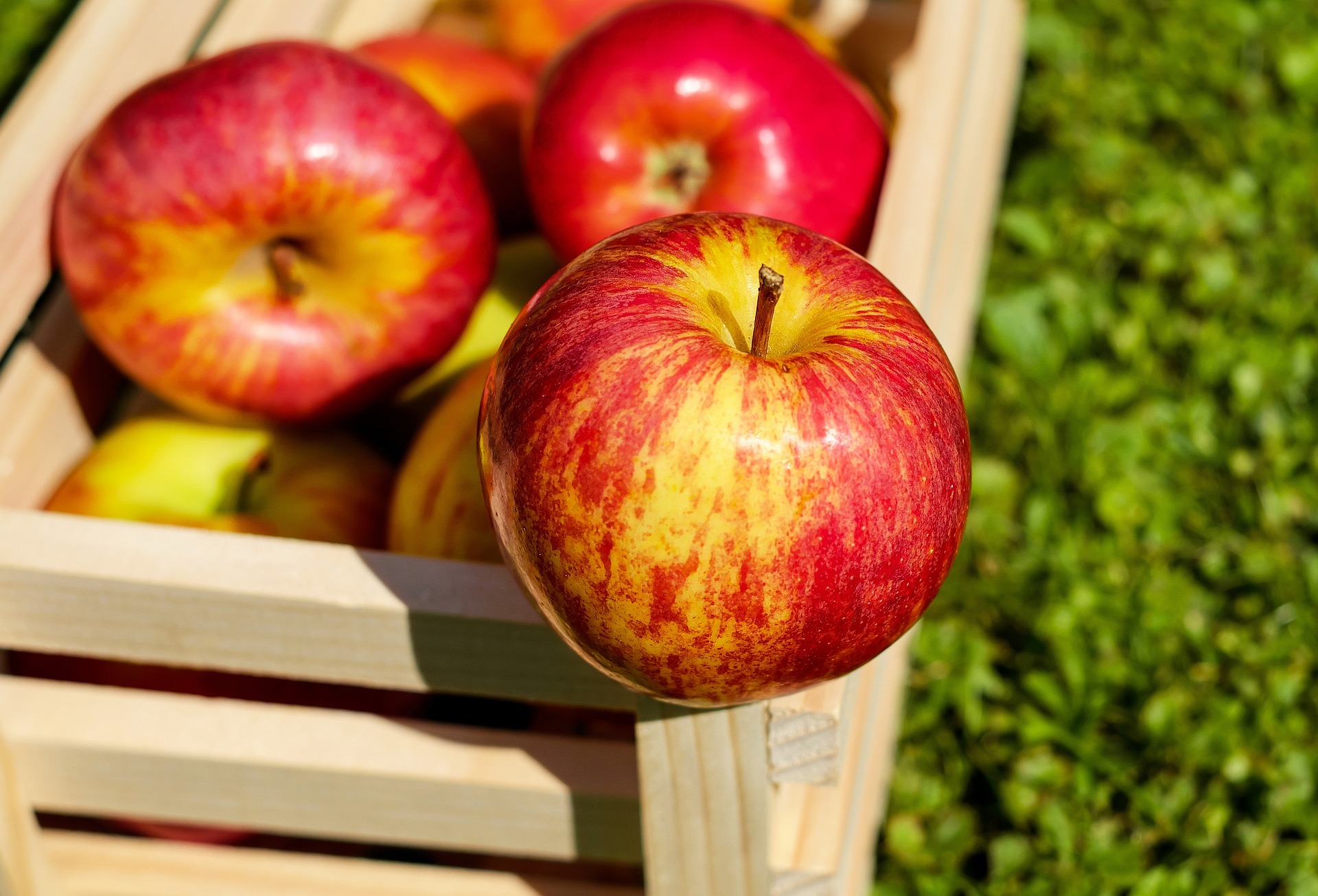
Apparently, it’s flu season and everywhere you go people are coughing and sneezing. This year’s strain, called Aussie flu, is said to be particularly dangerous. It doesn’t seem very fair to name a type of flu after a whole nation, particularly because Aussies are a perfectly nice bunch of people. The saying “an apple a day keeps the doctor away” means exactly what is says: apples are good for you. We know that eating fruit and vegetables as part of a healthy diet can help prevent illness. Studies have shown that eating apples really can help to lower bad cholesterol, and reduce the risk of developing diabetes, and even keep you teeth healthy. All that, in a humble apple!
What is the difference between “your”, “you’re”, “there”, “they’re” and “their”?
Well, there is a BIG difference between these words, but it’s easy to mix them up. Some native English speakers even get them wrong, because they’re homophones. This means that they are pronounced the same, but the meaning, and even spelling, is different.
Let’s look at them in turn:
